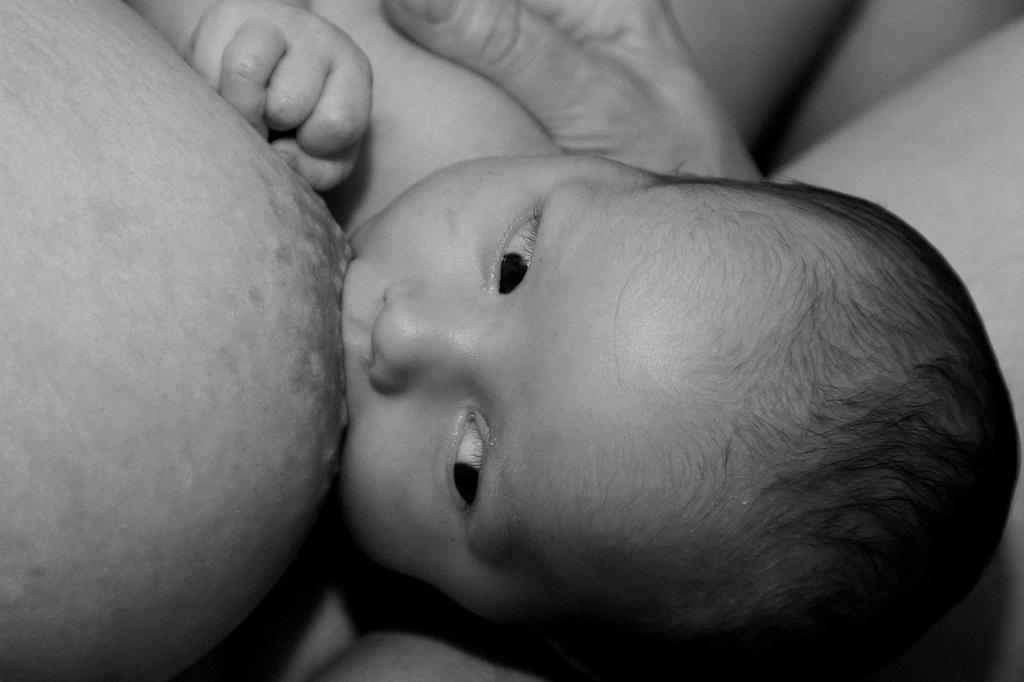Many breastfeeding mothers often have concerns about the effects of certain medications or birth control methods on their breastfeeding journey. One common question that arises is whether Mirena, a popular intrauterine device (IUD) used for contraception, interferes with breastfeeding.
Overview of Mirena and How It Works
Mirena is a hormonal IUD that releases a progestin hormone called levonorgestrel into the uterus. This hormone works primarily by thickening the cervical mucus, which prevents sperm from reaching the egg. It also thins the lining of the uterus, making it less likely for a fertilized egg to implant. These mechanisms make Mirena highly effective at preventing pregnancy.
The Safety of Mirena While Breastfeeding
According to medical experts and research studies, Mirena is considered safe to use while breastfeeding. The hormones released by Mirena are localized to the uterus and have minimal systemic absorption, meaning they are unlikely to pass into breast milk in significant amounts that could affect the baby. This makes Mirena a suitable contraceptive option for nursing mothers.
Immediate Postpartum Use
One of the advantages of Mirena is that it can be inserted immediately after giving birth, including for mothers who are breastfeeding. This provides a convenient and effective birth control option for women who wish to space out their pregnancies while continuing to breastfeed their newborn.
Potential Benefits for Breastfeeding Women
For breastfeeding women, the use of Mirena offers several potential benefits. Firstly, it is a long-acting reversible contraceptive method, meaning once it is inserted, it provides protection against pregnancy for up to five years. This eliminates the need for daily birth control pills or frequent healthcare visits for injections.
Minimal Impact on Milk Supply
One common concern among breastfeeding mothers is the potential impact of hormonal contraceptives on their milk supply. Studies have shown that progestin-only contraceptives like Mirena are unlikely to significantly affect milk production or quality, making them a suitable choice for nursing women.
Consultation with Healthcare Providers
While Mirena is generally considered safe for breastfeeding mothers, it is important to consult with your healthcare provider before deciding on any contraceptive method. They can provide personalized advice based on your medical history, breastfeeding goals, and individual preferences.
Monitoring for Side Effects
Like any medication or contraceptive method, Mirena may have potential side effects or risks. While these are generally rare, it is essential to be aware of warning signs such as persistent pelvic pain, unusual bleeding, or signs of infection. Promptly report any unusual symptoms to your healthcare provider.
Supporting Breastfeeding Goals
For mothers who value breastfeeding and wish to continue nursing their baby while effectively preventing pregnancy, Mirena can be a supportive option. Its convenience, long-lasting efficacy, and minimal impact on milk supply make it a valuable choice for many breastfeeding women.
Conclusion
In conclusion, Mirena is a safe and effective contraceptive option for breastfeeding women. Its localized hormone delivery, minimal systemic absorption, and long-acting protection make it a suitable choice for those looking to space out pregnancies while maintaining their breastfeeding goals. Consulting with a healthcare provider is advised to determine the most appropriate contraceptive method based on individual needs and preferences.

